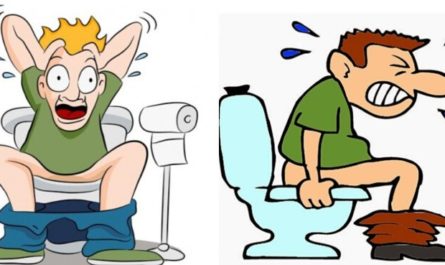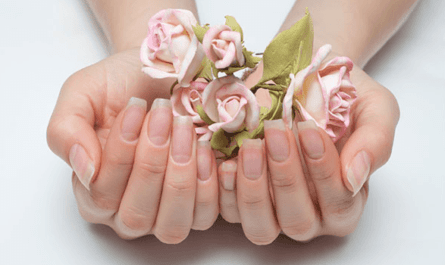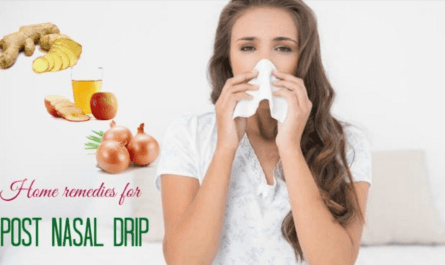Waking up with swollen lips can be a discomforting and alarming experience. Swelling of the lips can occur due to various reasons, ranging from minor irritations to serious medical conditions. Understanding the causes is crucial to determine the appropriate treatment and prevent further complications. This article aims to explore 14 common causes of wake up with swollen lips and provide insights into the possible treatment options.
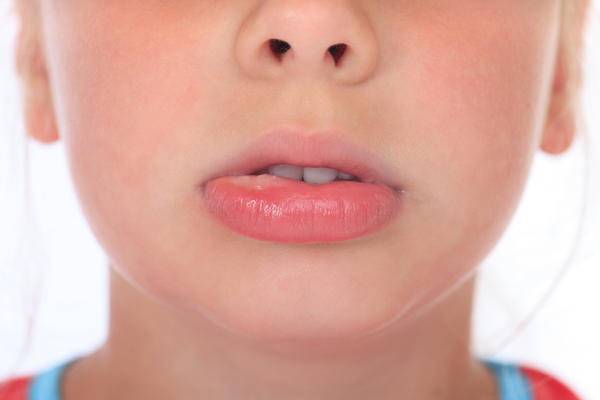
14 Common Causes of Wake Up with Swollen Lips
1. Allergic Reactions
Allergic reactions are a common cause of lip swelling. When the body encounters an allergen, it releases histamine, which can lead to inflammation and swelling. Common allergens that can trigger lip swelling include:
- Food allergens, such as nuts, shellfish, dairy, and eggs
- Environmental allergens, like pollen, dust mites, and pet dander
- Cosmetic products, including lipsticks, lip balms, and other lip care items
To manage allergic reactions and prevent lip swelling, identify and avoid triggering substances. An allergist can perform tests to determine specific allergens and develop a personalized management plan. This may include medications, immunotherapy, or lifestyle changes.
2. Dehydration
Dehydration occurs when the body lacks sufficient fluids, leading to water retention and swelling in various body parts, including the lips. Factors that contribute to dehydration include:
- Not drinking enough water throughout the day
- Excessive sweating due to exercise or hot weather
- Diarrhea or vomiting, which can cause rapid fluid loss
- Consuming diuretic beverages, such as alcohol or caffeine
To prevent dehydration and its associated symptoms, drink plenty of water throughout the day, aiming for at least 8 glasses (64 ounces).
Increase fluid intake during intense physical activity or in hot climates, and limit consumption of diuretic beverages. If severe dehydration occurs, seek medical attention promptly.
3. Lip Trauma or Injury
Physical trauma or injury to the lips can cause swelling, pain, and discomfort. Examples of lip trauma include:
- Accidentally biting the lip while eating, talking, or sleeping
- Burns from hot beverages or foods
- Cuts or abrasions from falls, sports, or other accidents
To manage lip trauma, you can apply a cold compress to the affected area for 10-15 minutes at a time to reduce swelling and numbness. Keep the wound clean and moisturized with a gentle, fragrance-free lip balm. If the injury is severe or shows signs of infection, seek medical attention.
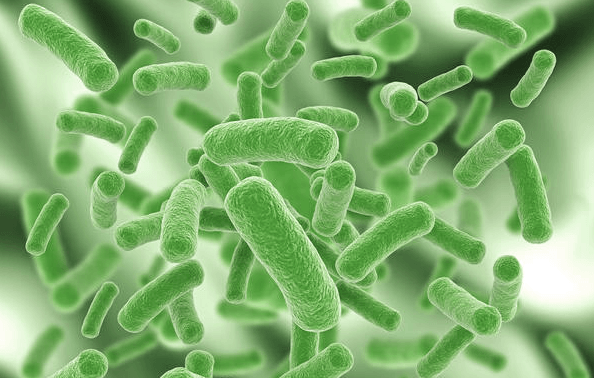
4. Infections
Viral and bacterial infections can cause lip swelling and discomfort. Common infections affecting the lips include:
- Cold sores caused by the herpes simplex virus (HSV-1 or HSV-2)
- Angular cheilitis, a bacterial or fungal infection at the corners of the mouth
- Cellulitis is a bacterial skin infection causing swelling, redness, and warmth
If an infection is suspected, consult a healthcare professional for proper diagnosis and treatment. They may recommend antiviral or antibacterial creams, or oral antibiotics depending on the type and severity of the infection.
5. Hormonal Changes
Hormonal fluctuations, especially in women, can contribute to lip swelling. Common hormonal changes that may lead to swollen lips include:
- Menstrual cycle, particularly during the premenstrual phase
- Pregnancy, due to fluid retention and swelling
- Menopause, as decreased estrogen levels can cause lip swelling and dryness
If hormonal changes are causing lip swelling, work with a healthcare provider to develop an appropriate management plan. This may include lifestyle changes, stress reduction techniques, dietary modifications, or hormone replacement therapy (HRT).
6. Nutritional Deficiencies
Nutritional deficiencies can cause lip swelling and other oral health issues. Essential nutrients for maintaining healthy lips include:
- B vitamins, particularly B12 and B9 (folate)
- Iron, as iron-deficiency anemia can lead to pale, swollen, and cracked lips
- Zinc, which plays a crucial role in wound healing, immune function, and cellular growth
To prevent nutritional deficiencies, eat a balanced diet rich in fruits, vegetables, lean proteins, and whole grains. If a deficiency is suspected, a healthcare provider can order blood tests and recommend appropriate supplements.
7. Dehydration and Dry Lips
Dehydration can lead to dry, chapped lips in addition to swelling. Factors that contribute to dehydration and dry lips include:
- Low-humidity environments, such as air-conditioned rooms or dry climates
- Excessive licking of the lips, which can strip away natural oils
- Breathing through the mouth, especially while sleeping
To combat dehydration and dry lips, drink plenty of water and use a humidifier in dry environments. Apply a moisturizing lip balm or ointment to keep lips hydrated and prevent chapping.
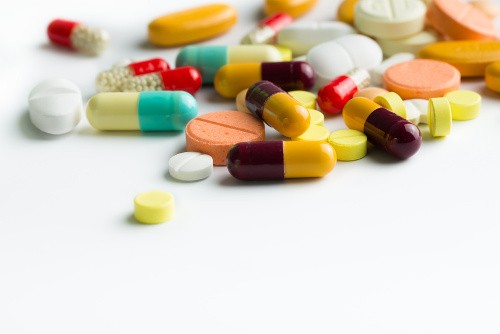
8. Medicinal Side Effects
Certain medications can cause lip swelling as a side effect, either due to an allergic reaction or the medication’s impact on fluid retention. Medications that may cause lip swelling include:
- Blood pressure medications, such as ACE inhibitors and calcium channel blockers
- Chemotherapy drugs can lead to lip swelling and other oral side effects
- Nonsteroidal anti-inflammatory drugs (NSAIDs), like ibuprofen and naproxen
If a medication is suspected to be causing lip swelling, consult a healthcare provider. They can assess symptoms, adjust dosage, or recommend alternative medications. Do not stop taking prescribed medications without first consulting a healthcare provider.
9. Angioedema
Angioedema is a condition characterized by sudden swelling beneath the skin’s surface, often affecting the lips, face, tongue, and throat. Causes of angioedema include:
- Allergic reactions to foods, medications, or environmental triggers
- Hereditary factors, such as hereditary angioedema (HAE)
- Certain medications, like ACE inhibitors
If sudden and severe lip swelling is accompanied by difficulty breathing, swelling of the tongue or throat, or other signs of anaphylaxis, seek immediate medical attention.
10. Alcohol Consumption
Consuming excessive amounts of alcohol can lead to lip swelling. Alcohol can cause dehydration, which in turn can make the lips appear swollen and dry. Additionally, alcohol can dilate blood vessels, causing fluid to accumulate in the tissues and leading to swelling. Some ways to prevent alcohol-related lip swelling include:
- Drinking in moderation and staying within recommended limits
- Alternating alcoholic drinks with water to stay hydrated
- Applying a moisturizing lip balm before and after drinking to prevent dryness
If you experience persistent lip swelling after drinking alcohol, consult with a healthcare professional.
11. Sunburn
Prolonged exposure to the sun’s ultraviolet (UV) rays can cause sunburn, which can lead to swollen, red, and painful lips. The lips are particularly susceptible to sunburn because they have minimal melanin, the pigment that protects skin from UV damage. To prevent sunburned lips:
- Apply a lip balm with a high SPF (30 or above) before spending time outdoors
- Reapply lip balm every 2 hours or after swimming or sweating
- Wear a wide-brimmed hat to shade your face and lips
- Avoid prolonged sun exposure, especially during peak hours (10 a.m. to 4 p.m.)
If your lips are severely sunburned and swollen, apply a cool compress and use a moisturizing lip balm to promote healing. If you experience blistering, fever, or other signs of infection, seek medical attention.
12. Oral Herpes (Cold Sores)
Oral herpes, also known as cold sores or fever blisters, is a viral infection caused by the herpes simplex virus (HSV-1 or HSV-2). Cold sores appear as fluid-filled blisters on or around the lips, causing swelling, redness, and discomfort.
The virus is highly contagious and can be transmitted through close contact, such as kissing or sharing utensils. To manage cold sores and prevent the spread of infection:
- Apply an over-the-counter antiviral cream or ointment to the affected area
- Keep the area clean and dry to prevent bacterial infections
- Avoid touching or picking at the cold sore to prevent the spreading of the virus
- Replace your toothbrush and lip balm after a cold sore outbreak
If you experience frequent or severe cold sore outbreaks, consult with a healthcare professional about prescription antiviral medications that can help shorten the duration of symptoms.
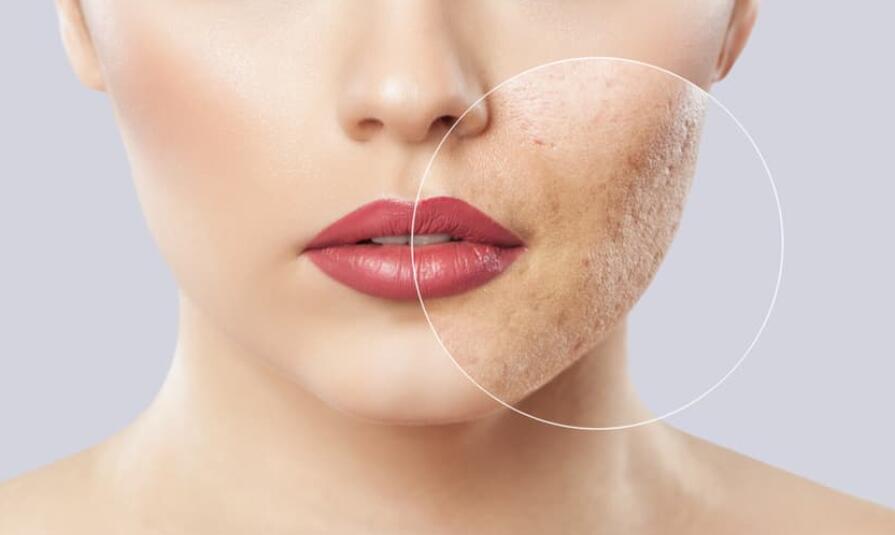
13. Acne and Pimples
Acne and pimples can develop on or around the lips, causing swelling, redness, and tenderness. These blemishes occur when hair follicles become clogged with oil, dead skin cells, and bacteria. Factors that can contribute to the development of acne and pimples on the lips include:
- Hormonal changes, particularly during puberty or menstruation
- Use of oily or comedogenic lip products
- Touching or picking at the lips with unclean hands
- Allergic reactions to certain lip products or ingredients
To manage acne and pimples on the lips, keep the area clean and avoid picking or squeezing the blemishes, as this can lead to infection and scarring.
Apply a spot treatment containing benzoyl peroxide or salicylic acid to help dry out the pimple and reduce inflammation. If you experience persistent or severe acne on or around the lips, consult with a dermatologist for personalized treatment options.
14. Facial Cellulitis
Facial cellulitis is a serious bacterial infection that can cause swelling, redness, and warmth in the affected area, including the lips. The infection occurs when bacteria enter the skin through a cut, scrape, or other break in the skin’s surface. Symptoms of facial cellulitis may include:
- Swelling and redness that spreads rapidly
- Pain and tenderness in the affected area
- Fever and chills
- Swollen lymph nodes
Facial cellulitis requires prompt medical attention and treatment. If you suspect you have facial cellulitis, seek medical care immediately.
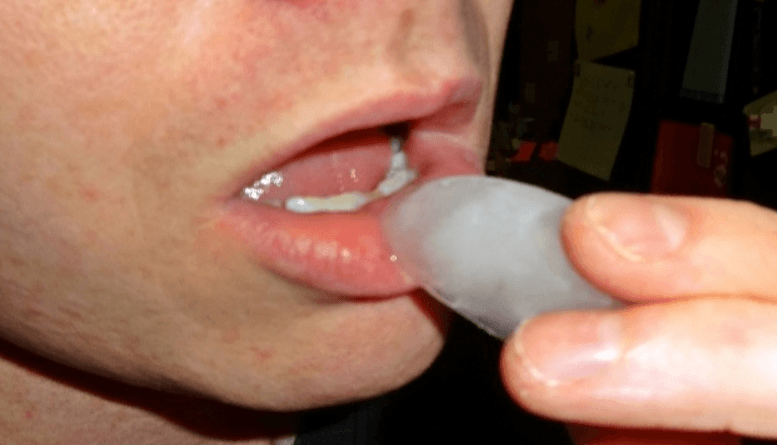
Natural Remedies for Wake up with Swollen Lips
Here are some effective natural remedies for managing swollen lips.
1. Cold Compress
Applying a cold compress is one of the most straightforward and effective ways to reduce lip swelling. The cold temperature helps constrict blood vessels, minimizing inflammation and fluid buildup in the affected area.
- Wrap an ice pack or a bag of frozen vegetables in a clean towel.
- Hold the cold compress against the swollen lip for 10-15 minutes at a time.
- Repeat the process several times a day until the swelling subsides.
Remember to never apply ice directly to the skin, as this can cause further damage or irritation.
2. Baking Soda Paste
Baking soda, also known as sodium bicarbonate, has anti-inflammatory and antiseptic properties that can help reduce swelling and provide relief for swollen lips. Its alkaline nature can also help neutralize acidic irritants that may be causing the swelling.
- Mix equal parts baking soda and water to form a thick, gooey paste.
- Apply the paste to the swollen lip and let it sit for 15-20 minutes.
- Rinse the paste off with cool water and pat the area dry.
Repeat this process several times a day for best results.
3. Aloe Vera
Aloe vera is a natural anti-inflammatory and soothing agent that can help reduce swelling and discomfort associated with swollen lips. Its cooling properties can also provide instant relief.
- Cut a fresh aloe vera leaf and extract the clear gel from the inside.
- Apply the gel directly to the swollen lip, massaging it gently.
- Leave the gel on for 10-15 minutes before rinsing it off with cool water.
Alternatively, you can use pure, store-bought aloe vera gel if fresh leaves are not available.
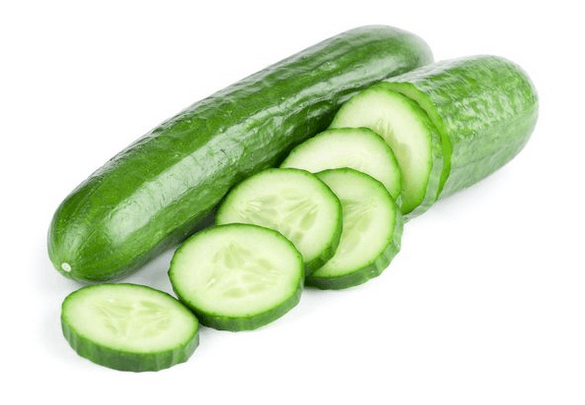
4. Cucumber Slices
Cucumber is known for its cooling and soothing properties, making it an excellent natural remedy for swollen lips. Its high water content and anti-inflammatory compounds can help reduce swelling and provide relief.
- Cut a fresh cucumber into thin slices.
- Place the slices on the swollen lip and leave them on for 10-15 minutes.
- Remove the slices and rinse the area with cool water.
Repeat this process several times a day for optimal results.
5. Herbal Remedies
Several herbs have anti-inflammatory and soothing properties that can help alleviate swollen lip symptoms. Some of the most effective herbs for this purpose include:
- Chamomile
- Peppermint
- Calendula
- Licorice root
To use these herbs:
- Brew a strong tea using one or a combination of these herbs.
- Allow the tea to cool, then soak a clean cloth in the liquid.
- Apply the cloth to the swollen lip for 10-15 minutes at a time.
You can also consume these herbs orally in the form of tea to help reduce inflammation from the inside out.
6. Honey
Honey has natural antibacterial and anti-inflammatory properties that can help reduce swelling and promote healing in swollen lips. Its soothing texture can also provide relief from discomfort.
To use honey:
- Apply a thin layer of raw, organic honey directly to the swollen lip.
- Leave the honey on for 15-20 minutes before rinsing it off with cool water.
Repeat this process several times a day for best results.
7. Turmeric Paste
Turmeric is a spice known for its potent anti-inflammatory and antioxidant properties[3]. Its active compound, curcumin, can help reduce swelling and promote healing in swollen lips.
To create a turmeric paste:
- Mix 1 teaspoon of turmeric powder with enough water or coconut oil to form a thick paste.
- Apply the paste to the swollen lip and let it sit for 10-15 minutes.
- Rinse the paste off with cool water and pat the area dry.
Be cautious when using turmeric, as it can stain skin and clothing.
8. Warm Compress
While cold compresses are generally recommended for reducing swelling, alternating with a warm compress can help promote blood flow and healing in some cases. However, avoid using a warm compress if the lip has an open wound or broken skin.
To use a warm compress:
- Soak a clean cloth in warm water and wring out the excess.
- Hold the warm compress against the swollen lip for 5-10 minutes at a time.
- Alternate with a cold compress for optimal results.
Remember to use caution when applying heat to the skin, as excessive heat can cause further damage or irritation.
When to Seek Medical Attention?
While these natural remedies can be effective in managing swollen lips, there are some cases where medical attention is necessary. Seek professional care if:
- The swelling persists for more than 24 hours despite home remedies.
- The swelling is accompanied by severe pain, difficulty breathing, or signs of anaphylaxis.
- The swelling is caused by a known allergy or a severe injury.
- There are signs of infection, such as pus, fever, or spreading redness.

